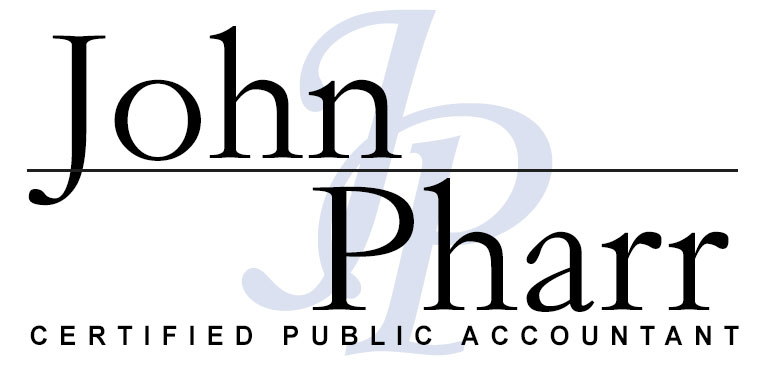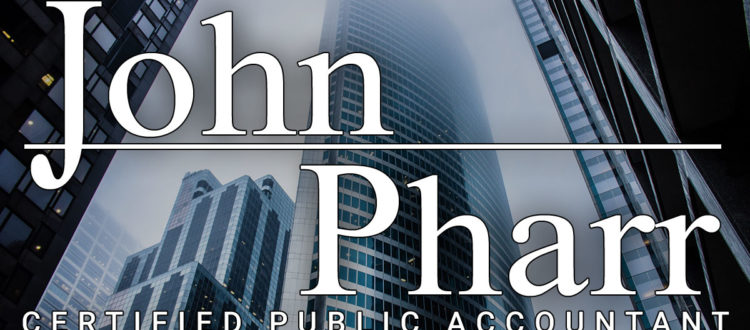Nearing retirement? Use an HSA.
Here’s how to get the most out of your HSA.
If you have a HSA and are nearing retirement, there are some different rules for the older crowd.
HSAs offer a “triple tax” benefit: Contributions should made pre-tax, earnings will be tax-free and qualified withdrawals also untaxed.
The definition of an HSA eligible, high-deductible health plan for 2023 depends on whether you have single or family coverage. Therefore, you would need a deductible of at least $1,500 and a max limit of $7,500 on out-of-pocket expenses for a solo. As for family coverage, the deductible is at least $3,000, with a $15,000 max on what members pay out of pocket.
1. You can get a ‘catchup’ contribution at age 55 for HSA
You can put an extra $1,000 in your HSA once you reach age 55. If you and your spouse have separate HSAs but are subject to family coverage contribution limits, you each may be able to make that $1,000 “catchup” contribution once eligible based on age, according to the IRS.
For both regular and catchup contributions, you get until the tax-filing deadline of the next year to make your HSA contributions. So for the 2022 tax year, the deadline would be April 18, 2023.
2. Medicare and HSA’s don’t mix
You become eligible for Medicare at age 65. For people who are still working, it’s common to continue using their employer’s health plan alongside Medicare Part A (hospital coverage) and, perhaps, Part B (outpatient care).
However, once you sign up for Medicare, you can no longer contribute to an HSA. Medicare beneficiaries are permitted to use their HSA funds to pay for medical expenses, but cannot set up a new HSA or contribute to one.
Additionally, there can be snags that come with HSAs if you are still contributing to one and you delay signing up for both Medicare and Social Security.
3. Tax penalty for non-qualified expenses disappears for HSA
The rule governing withdrawals changes when you reach age 65.
Before then, withdrawals are tax-free and penalty-free as long as they are used for qualified health expenses. The money is taxable as regular income and there’s a 20% tax penalty on unqualified expenses.
HSA funds do not have a penalty when over the age of 65.
However, you will pay taxes on non-qualified health expenses.




